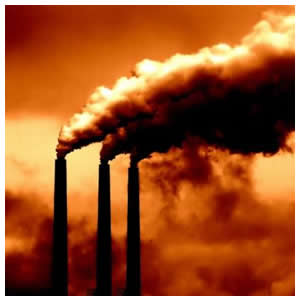 As the US nears the “fiscal cliff,” the idea of a revenue-neutral carbon “tax swap,” which would see revenue from a carbon tax used to reduce other taxes, while driving innovation in energy efficiency and alternative energy, has been proposed by a number of policymakers and academics.
As the US nears the “fiscal cliff,” the idea of a revenue-neutral carbon “tax swap,” which would see revenue from a carbon tax used to reduce other taxes, while driving innovation in energy efficiency and alternative energy, has been proposed by a number of policymakers and academics.
A new report from the Institute for Energy Research argues against the carbon “tax swap,” pointing to technical and pragmatic flaws, such as the probability of emissions “leaking” to other, less regulated regions, like China. A report from MIT, however, found that a carbon tax would have multiple benefits, such as reducing emissions, achieving new revenue, and driving private spending. The Brookings Institute also released a paper calling for a carbon tax, saying “Congress and the president should implement a $20 per ton, steadily increasing carbon excise fee that would discourage carbon dioxide emissions while shifting taxation onto pollution, financing energy efficiency (EE) and clean technology development, and providing opportunities to cut taxes or reduce the deficit.”
Is a carbon tax sensible energy policy? What are the consequences of such a tax?
The recent conference at AEI — jointly sponsored by Brookings, RFF, and the IMF — spent 8 hours, with 4 panels, to discussing many aspects of The Economics of Carbon… Read more »
If a person looks at the actual world CO2 emissions history, one sees that world emissions took a sharp turn for the worse immediately after the Kyoto Protocol was signed.… Read more »
I now have a post up relating specifically to this topic. It is called
Climate Change: The Standard Fixes Don’t Work.
Both of the commentators above present issues that make a viable carbon tax at best difficult, at worst economically damaging. However, neither set of issues make a carbon tax less… Read more »
I agree with other comments that the conundrum is how US policy would affect carbon emissions globally. Projections from the World Resources Institute on the sheer number and capacity of… Read more »